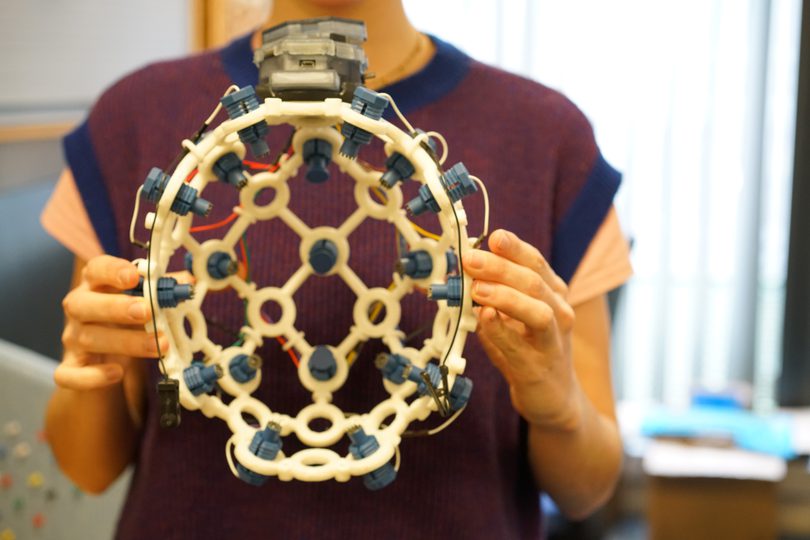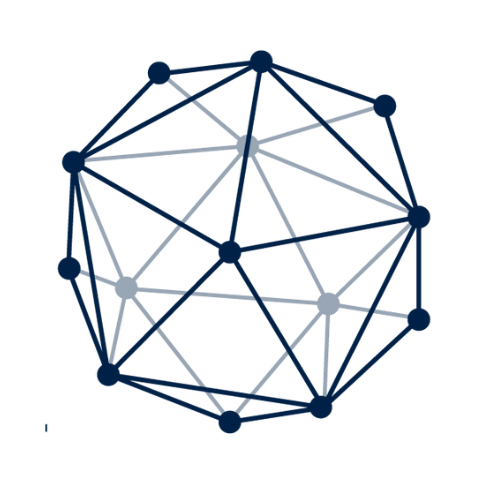
This work is ensuring that people with epilepsy receive the care they need to lead full and fulfilling lives by making accurate diagnosis more accessible, especially in low-resource settings.
The Challenge
Epilepsy does not have to limit a person’s opportunities, education or quality of life. With the right diagnosis and treatment, most people with epilepsy can lead full and fulfilling lives. Of the 50 million people living with epilepsy worldwide, over 80% are in low- and middle-income countries, where obtaining an accurate diagnosis can be extremely difficult. In many settings, stigma, misinformation and a lack of trained personnel mean that epilepsy often goes undetected and untreated.
Recognising this global inequity, the Oxford Martin Programme on Global Epilepsy was established to rethink how diagnosis and care could be delivered in resource-constrained settings. Under the leadership of Professor Arjune Sen, the team redesigned traditional diagnostic approaches and developed new tools to bring epilepsy diagnosis into primary care.
The Impact
"Not only can we try and better diagnose epilepsy, a terribly stigmatised condition around the world, but the technologies and the methodology behind the technologies can also be applied to mind brain health more broadly in people who might be affected by stroke, by dementia or by mental health conditions.
Their work has already led to several innovations with tangible, scalable impact:
- A wireless, portable, lightweight EEG device, that can potentially transform the way epilepsy is diagnosed in resource-limited settings. Instead of expensive specialist machines this new device can be 3D-printed locally and the results streamed directly to a mobile phone or tablet app.
- A mobile decision-support app, which was tested using over 4,000 individuals.
- Created a huge local history/ethnography database and framework over several sites around the world.
- Created the Centre for Global Epilepsy at Wolfson College, with support from BAND Foundation. The Centre serves as a collaborative hub for researchers, clinicians and partners around the world who are working to transform epilepsy care.
What's next?
The team’s international collaborators are training primary care workers to use the new technology. A dedicated course has also been designed for healthcare workers to help tackle social stigma, which can, for example, cause children with epilepsy to be kept out of school by their families, limiting their education and future employment opportunities. Other barriers to diagnosis include fears that seizures could be contagious, that they have been caused by demonic possession, or that they are a form of retribution for past wrongs.
Professor of Global Epilepsy, Arjune Sen, said
"Not only can we try and better diagnose epilepsy, a terribly stigmatised condition around the world, but the technologies and the methodology behind the technologies can also be applied to mind brain health more broadly in people who might be affected by stroke, by dementia or by mental health conditions."

